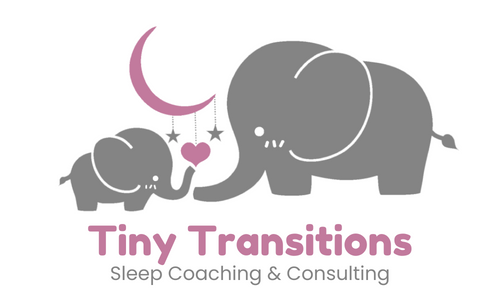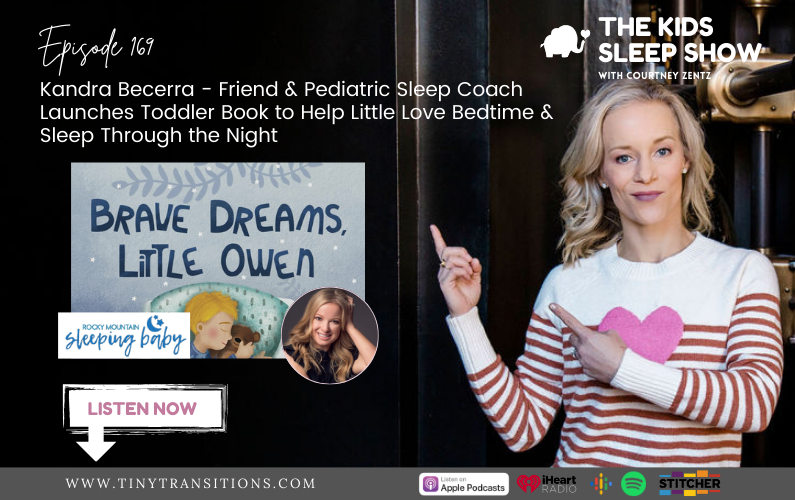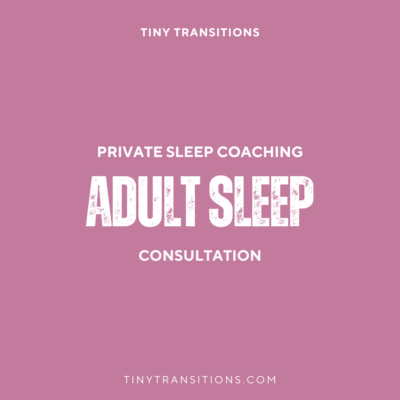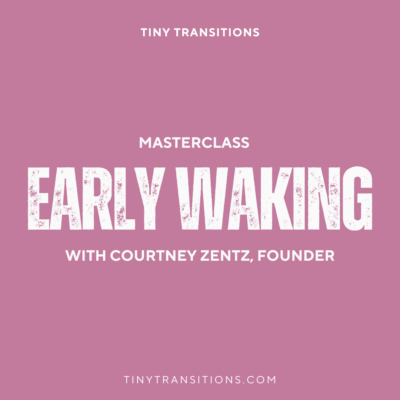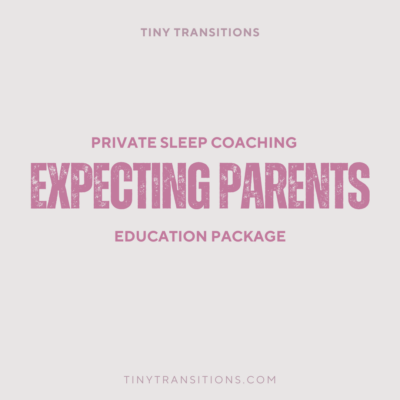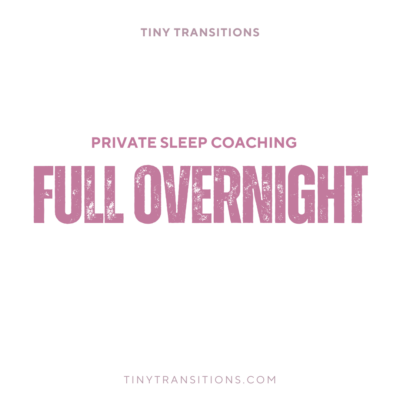If you’re anything like many other moms, you’re probably dreading facing another sleep regression. That’s totally OK! I’m going to let you in on some tips and tricks to keep you and your little one healthy and happy during these times and make this sleep regression seem less scary.
When a sleep regression happens, it is generally a response to big leaps in cognitive and behavioral development. That’s good news! Maybe your baby is learning to sit up or stand. That is going to be super exciting for a baby, and it’s also going to be super exhausting. (Isn’t the whole first year, until the baby is sleeping through the night)
This is also a time where you are probably losing the third nap during the day. For a baby between 7 & 10 months, in this age range, 2 naps a day is most appropriate for their body clocks. A morning and afternoon nap for about 90 minutes is perfect. The most important thing is that total daytime sleep is around 3 hours (between 7 am and 7 pm) and the wake window between naps is 3 hours, at optimally, that’s where babies this age do best.
Baby Sample Schedule for 7 – 10 Months:
- Wake Time: 7:00 AM
- Nap #1: 10:00 AM – 11:30 AM
- Nap #2 2:30 PM – 4:00 PM
- Bedtime: 7:00 PM
Baby Sample Schedule #2 is:
- Wake Time: 7:00 AM
- Nap #1: 10:00 AM – 11:00 AM
- Nap #2: 2:00 PM – 4:00 PM
- Bedtime: 7:00 PM
Baby Sample Schedule #3 is:
- Wake Time: 7:00 AM
- Nap #1: 10:00 AM – 12:00 AM
- Nap #2: 3:00 PM – 4:00 PM
- Bedtime: 7:00 PM
Since an 8-month-old is able to stay awake for about 3 hours, you want to try to avoid having them sleep before or after those 3 hours to build the right amount of sleep pressure. Too MUCH sleep, causes overnight wakings, as they are not as tired and ready to stay awake all night long. Too little sleep triggers too much sleep pressure, causing struggles settling at bedtime and overnight wakings and a baby who is waking too early in the day. You have the option to shift them slightly to make one longer than the other, as long as the amount of sleep and awake windows stay the same. If your timing is off with naps, this may be where part of your challenges are coming from.
Your baby’s sleep needs also need to be met. The American Academy of Sleep Medicine recommends that children at 4-12 months of age sleep anywhere from 12-16 hours in a 24 hour period. You want your child to get 11-12 hours overnight and typically around 3 hours during the day. Keep an eye on how your child is acting within that range of hours, each baby is different and may need the full 16 as opposed to just 12!
Habit is another thing that might be causing a sleep regression to last longer than it should. In these scenarios, the phrase “to sleep” might be a part of your baby’s routine. An example of this could be “feeding to sleep” or “rocking to sleep”. These are habits that need to be broken so baby learns that they are capable of falling asleep on their own. Learning to sleep is a skill set. If you find you are developing a habit, combat those actions, and your baby will learn to sleep on their own over time. The main thing is to stay consistent. (Don’t forget, I host a free Making Over Bedtime Sleep Mini-Series every few weeks, Live, which you can register here for. It’s filled with a lot of content for you.)
So How Do You Beat a Sleep Regression
Consistency is the most important thing in getting through a baby’s sleep regression, whether it’s 7, 8, 9, 10 or any month!. You don’t want to introduce new habits as your little one is going through developmental changes. Make sure you are setting them up for success in your timing of naps and awake windows throughout the day. (You can access a schedule generator for free on www.tinytransition.com/tools with all of my other great resources!)
Another thing I hear a lot with this age group is their inability to sleep because of teething. My best hack for this is to freeze milk in some tiny silicone molds and buy mesh teethers. Stick some of the frozen milk icicles in the mesh teether, and now your baby has a way to get nutrition, ease the pain with the cold, and help the tooth to break through with the mesh. Remember, while teething can be painful, it shouldn’t last for weeks and weeks. A tooth will only take a few days to break through the gums.
Have patience, this is an exciting time for you and your baby. Keep in mind, a sleep regression should only last about 3 or 4 weeks. If your child has been facing a sleep regression for much longer it is a sign that something else is going on. If you find you still need extra support, you are always welcome to reach out here and we can discuss if sleep training is something that would be beneficial for your family.
Courtney Zentz is an Award-Winning Author, Baby Sleep Expert, and Founder of Tiny Transitions. Her background as a Pediatric Sleep Specialist, Lactation Counselor, Postpartum Doula and Sleep Coach to her team of Sleep Consultants around the world provides parents with a solution to their sleep struggles, that is backed by science and balanced with your love and support.
The mission of Tiny Transitions is to teach healthy sleep hygiene and parenting education to parents and their babies, toddlers, and young adults who struggle to sleep through private sleep consultations.
Named by Tuck as a Top 200 Sleep Professional in the United States, Courtney is a 4x “Best of Philadelphia” Sleep Consultant. She writes & contributes to Fatherly, Yahoo, Thrive Global, Medium, Nectar, Romper, Parentology, The Sleep Sense Show, and Bustle among others in the field of Pediatric Sleep. Courtney hosts The Kids Sleep Show podcast, and is a frequent guest with companies like Slumber Pod® and The Magic Sleep Suit® Company.
Courtney resides just outside Philadelphia, with her husband Adam and two children, Max and Sovella. She has always felt passionate about making sleep & healthy living a priority in her family’s life and Tiny Transitions would welcome working with you. Setup a Free Preliminary Sleep Evaluation with Courtney or a member of her Slumber Squad®

